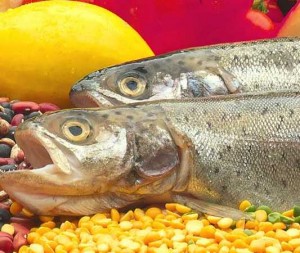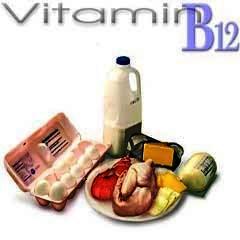According to MedlinePlus, supplementation of vitamin B12 is used to treat and prevent vitamin B12 deficiency. It is also used to treat pernicious anemia and memory loss. The vitamin has also been used to treat heart disease, male infertility, diabetes, depression, mental disorders, asthma, allergies and certain skin infections. The supplement form of the nutrient can be taken orally. It is also available in lotion or gel form to be applied directly to the skin.B12 is also used to treat Alzheimer’s disease, memory loss, heart disease, depression, weak bones, mental disorders, male infertility, sleep disorders, diabetes, inflammatory bowel disease, swollen tendons, asthma, vitiligo and allergies.
Vitamin B12 can also boost energy, mood and concentration. Additionally, it helps regulate homocysteine levels, strengthen the immune system and slow down aging.Some people cannot metabolize B12 properly, possibly due to advanced age or an inability to produce the intrinsic factor protein necessary to absorb B12. Such people need to supplement their B12 intake with shots or nasal sprays if oral B12 supplements are not effective. Some over-the-counter and prescription drugs can inhibit B12 absorption, including the active ingredients in many antacid medications and Metformin, reports the Office of Dietary Supplements. A person should consult a physician if he is concerned about possible B12 deficiency.
Which foods contain it: Vitamin B-12 is found primarily in meat and dairy products, so anyone on a strict vegan diet is at risk for deficiency. The only source of B-12 is through fortified foods. The NHS states that vitamin B12 helps process folic acid and release energy from the food people eat. A lack of this vitamin likely causes vitamin B12 deficiency anemia. The sufficient consumption for adults is approximately 0.0015 milligrams of vitamin B12 daily. A person can get enough vitamin B12 in his diet by eating meat, fish or dairy foods. This vitamin is not found in fruits, grains and vegetables, which is why vegetarians usually do not get enough vitamin B12. According to the NHS, the Department of Health recommends eating a varied and balanced diet to obtain sufficient amounts of the vitamin. Taking no more than 2 milligrams of vitamin B12 supplements every day is also suggested. Some of the best food sources of vitamin B12 are milk products, fish, shellfish, poultry and meat, states Dietitians of Canada. Some soy-based meat substitutes and soy and rice beverages are also fortified with this vitamin. It helps to check the nutrition facts section on a food label to find out if a product contains vitamin B12.
Some of the best sources of vitamin B-12 include:
- eggs
- cheese (one serving is the size of a domino)
- a glass of milk (1 cup)
- fish (a serving of any meat is the same size as a deck of cards)
- shellfish
- liver
- kidney
- red meat
What happens if you don’t get enough: Vitamin B-12 deficiencies can lead to anemia and confusion in elderly people.
Psychological problems such as dementia, paranoia, depression, and behavioral problems can result from a vitamin B-12 deficiency. Neurological damage sometimes cannot be reversed.
Vitamin B-12 deficiency may cause the following symptoms:
- tingling in the feet and hands
- extreme fatigue
- weakness
- irritability or depression




